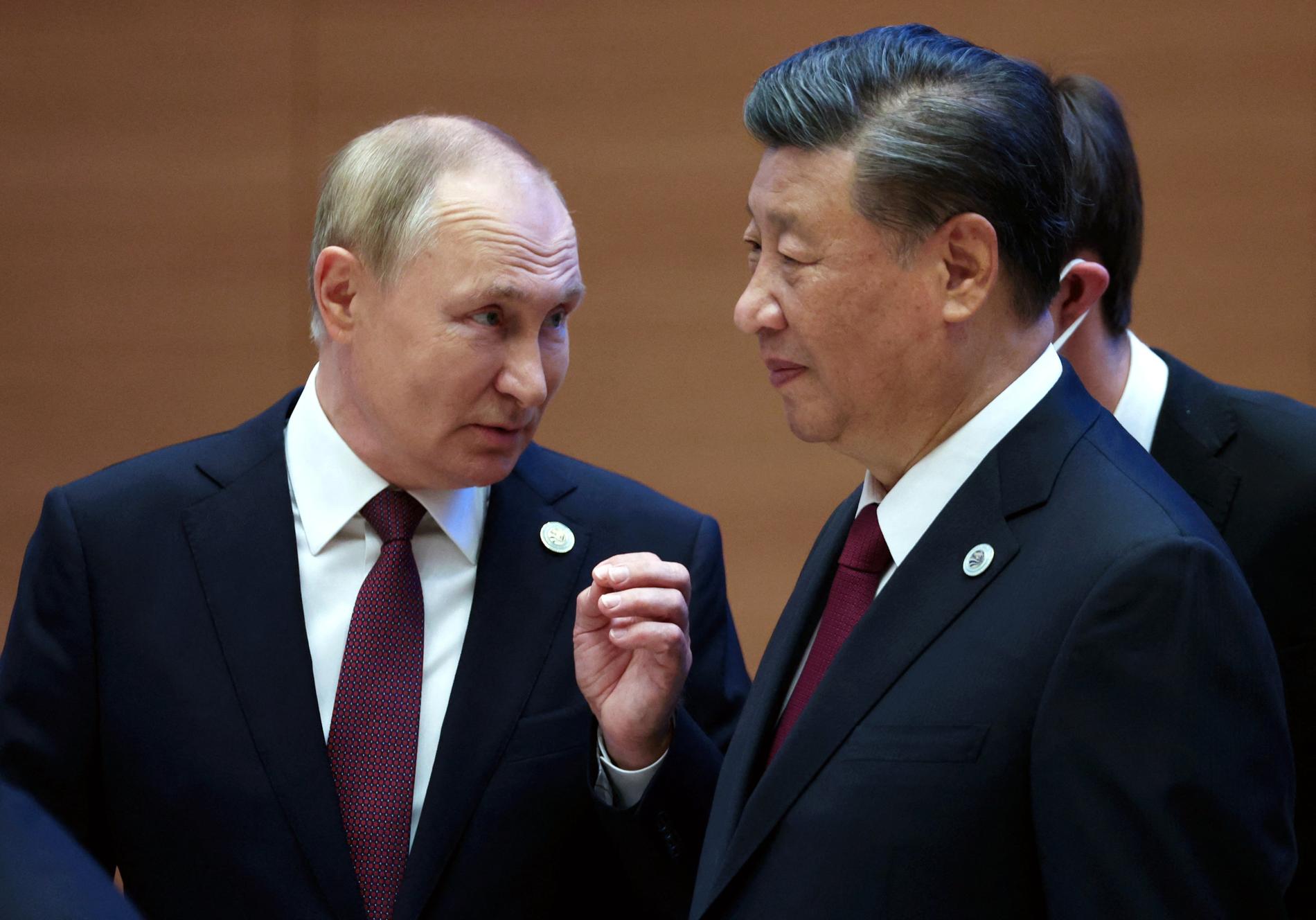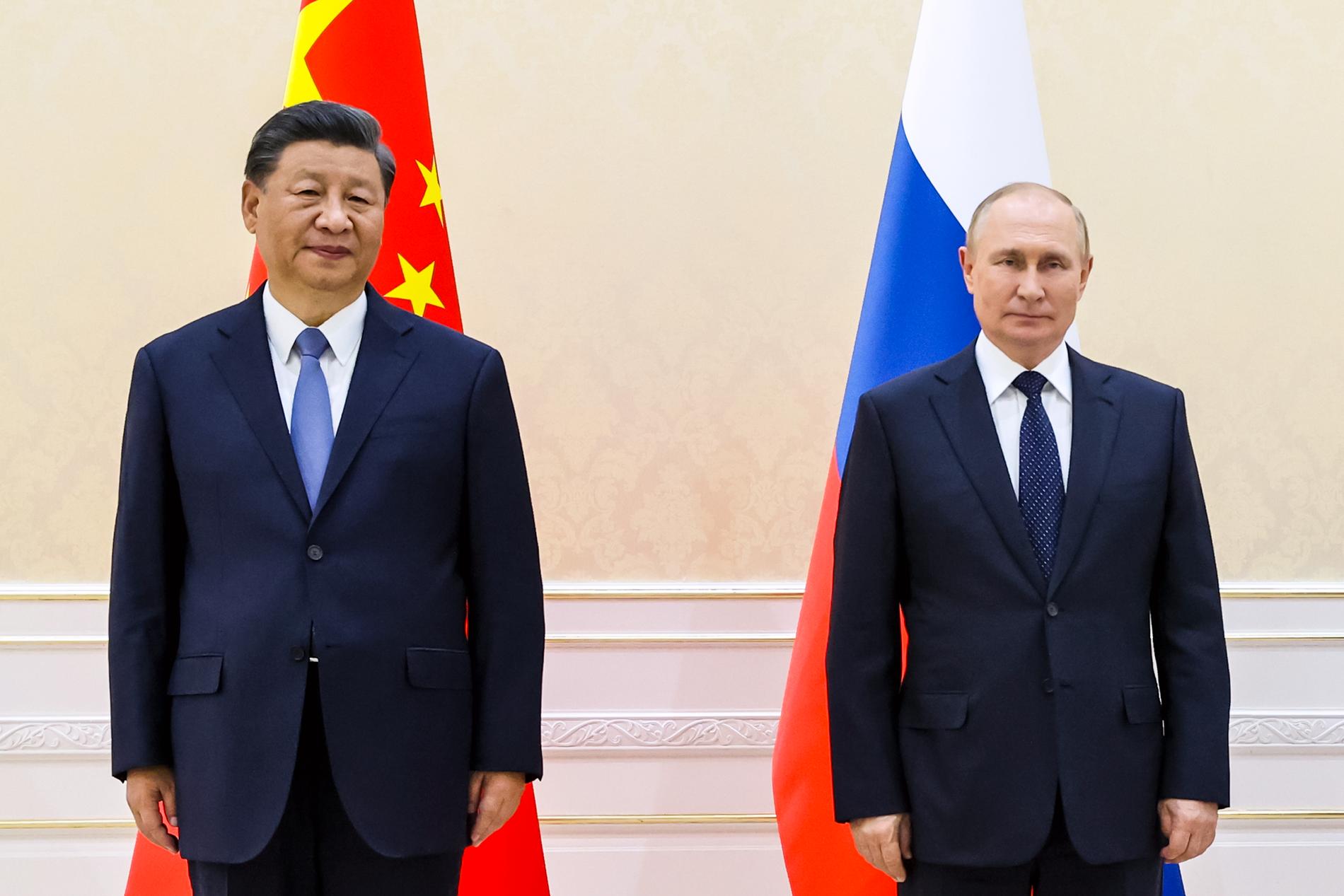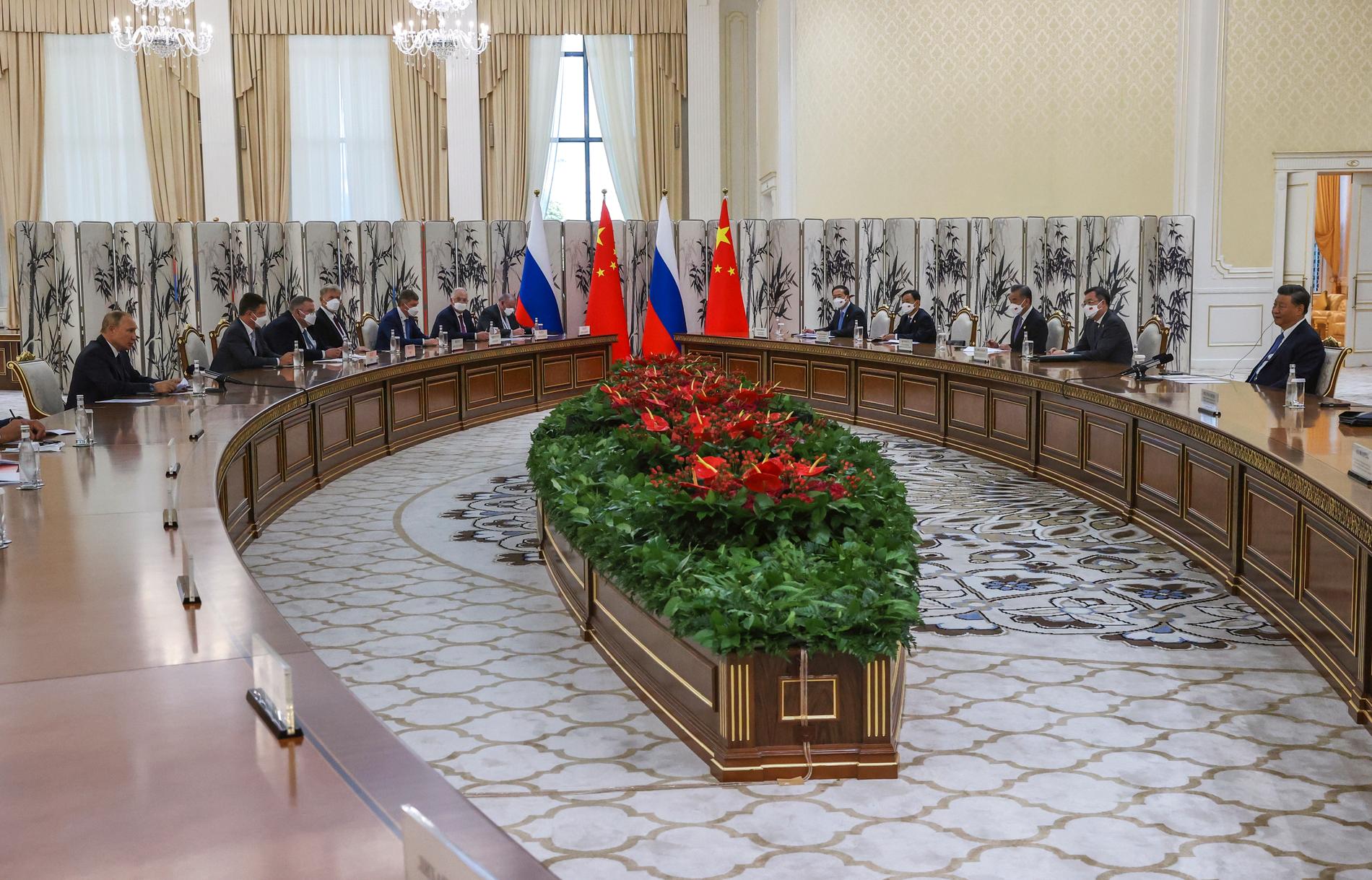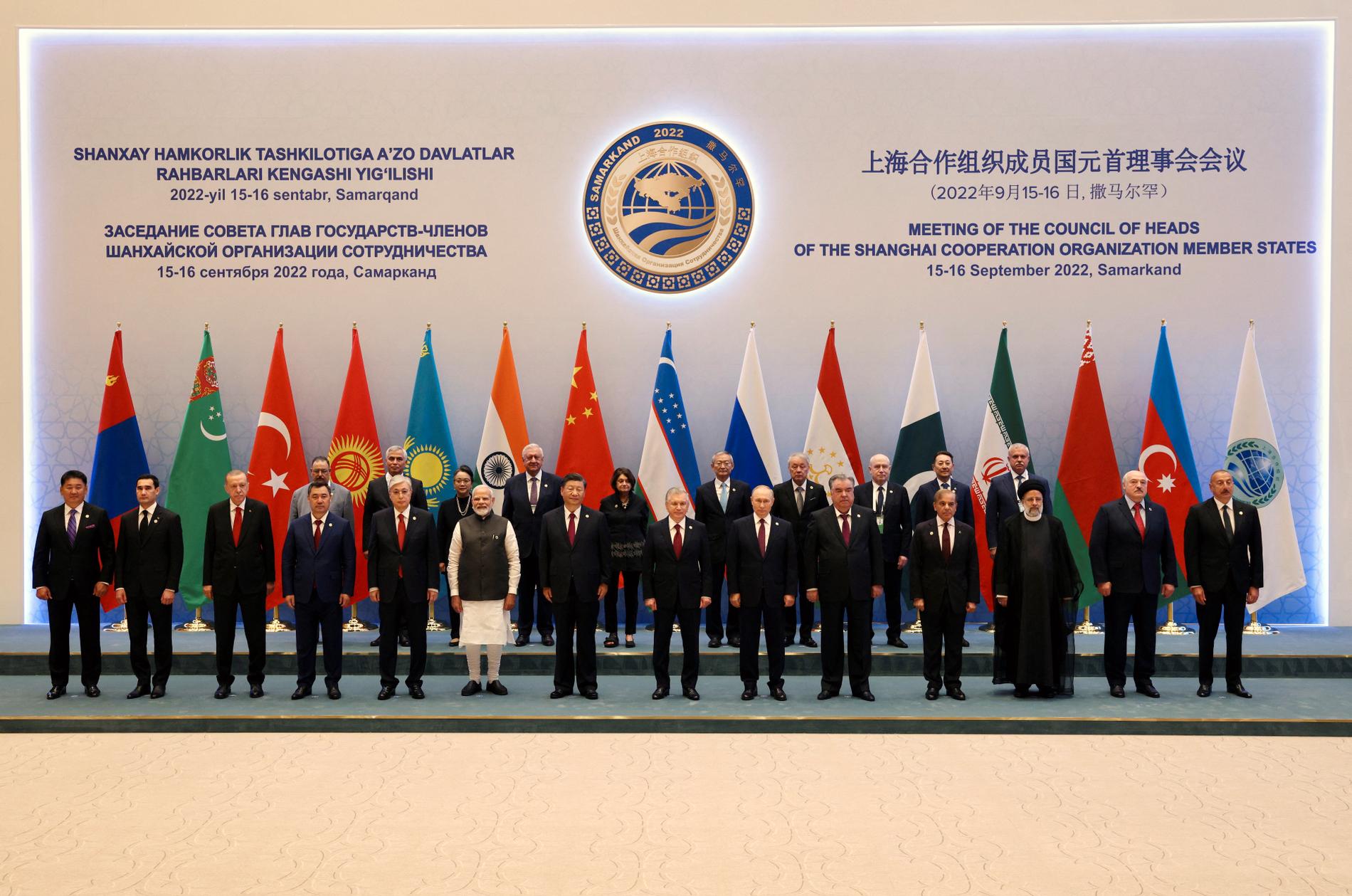

Vladimir Putin needs the support of Chinese President Xi Jinping to wage war in Ukraine. Xi is using Russia’s natural resources in his efforts to make China the most powerful country in the world.
Putin certainly appreciated Xi’s characterization of Russia as a superpower at the Shanghai Group Summit in Samarkand. Xi also described Putin as a dear old friend.
But the only superpower in space is China.
Russia and China need each other in the fight against American and Western influence. But it is China that is challenging the United States’ leading position in the world. Putin needs China’s support much more than Xi needs Russia. Today, this is more evident than before.
Putin’s war in Ukraine will not go according to plan at all. It became evident in the initial phase of the war, and is even more evident today. The invasion forces suffered great defeats. Beijing, of course, has noticed.
It is worth noting that Putin admitted in the meeting that China has “questions and concerns.” Putin has a big interpretation problem.

For Putin, it is important for Xi to say that the two countries support each other on matters related to their core interests. Putin defines Ukraine as a core interest, while Xi sees Taiwan in the same way.
President Xi said that China and Russia, as major powers, should jointly contribute to stability in a turbulent world.
In fact, they both do the exact opposite.
Putin wages war to make Ukraine a healthy kingdom. Xi threatens to annex Taiwan, if necessary by military means.
Ukrainians are fighting for their independence and Taiwan will not become part of China. What people think means nothing to those in power in Moscow and Beijing. In their eyes, Ukraine and Taiwan are pawns in the game of great powers.
The two leaders form an anti-democratic alliance, fighting against what they describe as a unipolar world where the United States holds all the strings.
Putin said at the meeting in Uzbekistan that the attempt to create a unipolar world has recently taken a really ugly shape, which is completely unacceptable.
What is really ugly and unacceptable is Russia’s war in Ukraine. The rumble of Chinese swords in the Taiwan Strait is also of deep concern. It is authoritarian regimes that pose a threat to peace and stability, both in Europe and in Asia.

It was Xi Jinping’s first overseas trip since the epidemic to Central Asia and the Shanghai Group of Eight Summit. China and Russia established this cooperative body in 1996, among other things to form a counterweight to US and other Western influence in Asia.
For China and Russia, it has become important over the years to form a common front against the United States and Western democracies. China has become a much stronger competitor. Putin burned all bridges with the West when he went to war in Ukraine.
Democracies have shown strong solidarity in the face of Putin’s aggression. There is a new understanding of the need to defend our freedom. But authoritarian states promote cooperation, too.
The world is not unipolar. Instead, today there is a clearer polarization between liberal democracies and authoritarian states.

When the two leaders last met, in Beijing just two weeks before the invasion of Ukraine, a comprehensive document of cooperation between China and Russia resulted. It was meant to be a partnership where there are no limits to what they can achieve together.
Officially, China maintained a neutral attitude towards the war in Ukraine. However, in practice they chose sides. Xi is not critical of Putin. Instead, understanding of Russia’s position is expressed in Beijing. The Chinese media only repeats the Russian justification for the war. In recent months, China has increased its imports of Russian oil.
In October, the Chinese Communist Party will re-elect Xi for a third five-year term. He has become the most powerful leader since Mao Zedong. Putin ruled Russia for more than 20 years.
For Putin, it is important to show the Russians that he still has friends and allies outside the country’s borders, despite the war. The Shanghai Group Summit was one such occasion.

The group consists of eight countries: China, Russia, India, Pakistan, Kyrgyzstan, Tajikistan, Kazakhstan and Uzbekistan.
It is a land along the ancient Silk Road from China to Europe, a trade route that the Chinese are currently restoring with huge investment.
Turkey, a NATO country, has partner status. It is likely that Iran will be accepted as a member during this summit.
There are political differences, sometimes open conflict, between many of these countries. India and China are vying for influence. They share a disputed border where armed clashes occur from time to time.
India is among the members who do not want to appear anti-Western. They want to be neutral and get along with everyone. Nowadays, they also import much more oil from Russia than they did before the war. According to Russia, there are also plans for a gas pipeline to China, which could replace the lost European market.
Maintaining neutrality will become more difficult in an increasingly polarized world. Especially how Putin defines his friendship with Xi:
We stand together for a just, democratic and multipolar world based on international law.
The social model that Russia and China represent today is not just and democratic.
Putin blatantly violated agreements and international law when he attacked Ukraine.

“Organizer. Social media geek. General communicator. Bacon scholar. Proud pop culture trailblazer.”

